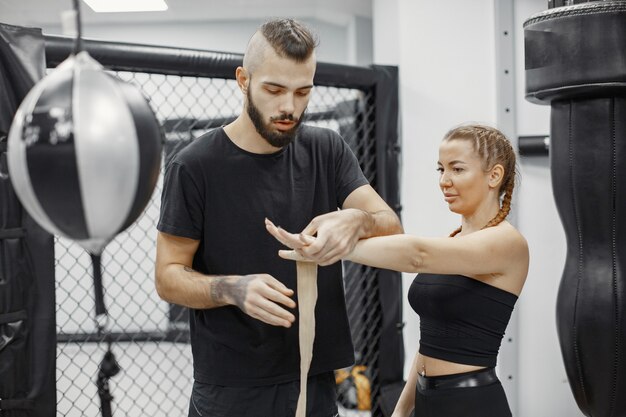
Ever thought about diving into the world of fitness as a personal trainer? It’s not just about lifting weights or counting reps – there’s more to it. The big question is, what qualifications do you need to be a personal trainer?
First off, you need a high school diploma or equivalent. But more than academic credentials, a real passion for fitness and a dedication to continual learning are key.
To become a personal trainer, you must be at least 18 years old. If you’re still in high school, focus on classes related to the body, health, and physical education, and consider joining school sports. If you didn’t finish high school, aim to get your GED.
A higher education degree can also be very beneficial. A bachelor’s degree in exercise science, kinesiology, or a related field provides a deeper understanding of anatomy, physiology, and the science of exercise.
Some of the best personal trainer certification programs include:
– ISSA (International Sports Sciences Association): This certification offers home-based study and an open-book quiz valid for two years. You’ll need 20 Continuing Education Credits (CECs) which you can earn through online conferences and workshops. ISSA also provides business skills courses and a solid job placement guarantee.
– NASM’s Certified Personal Trainer (CPT): Known for its comprehensive curriculum and evidence-based approach, NASM focuses on exercise science and program design through its Optimum Performance Training (OPT) model.
– Strength and Conditioning Specialist (CSCS) by NSCA: This certification is great for those focused on strength and conditioning and covers advanced exercise science and program design topics.
– ACE Personal Trainer Certification: Offered by the American Council on Exercise, this program provides a strong foundation in exercise science and client coaching with a focus on evidence-based practices.
Specialized certifications in areas like yoga, Pilates, or sports-specific training can expand your expertise and client base. Hands-on experience through internships, apprenticeships, or practical training is crucial for applying theoretical knowledge in real-world situations.
Additionally, certification in CPR (cardiopulmonary resuscitation) and AED (automated external defibrillator) is often required and always advisable. It shows preparedness for emergencies, potentially saving a client’s life.
Apart from technical skills, personal trainers must possess strong interpersonal skills. Good communication, the ability to motivate, empathy, and adaptability are essential for building lasting client relationships.
Continuing education is vital. Attending workshops, conferences, and industry events helps you stay updated with the latest trends and reinforces your professional network. This ongoing learning is crucial in a constantly evolving industry.
In summary, becoming a personal trainer requires a mix of formal education, certification, practical experience, and continuous learning. Equip yourself with the right qualifications and dive into the fitness world to help others achieve their health goals.



